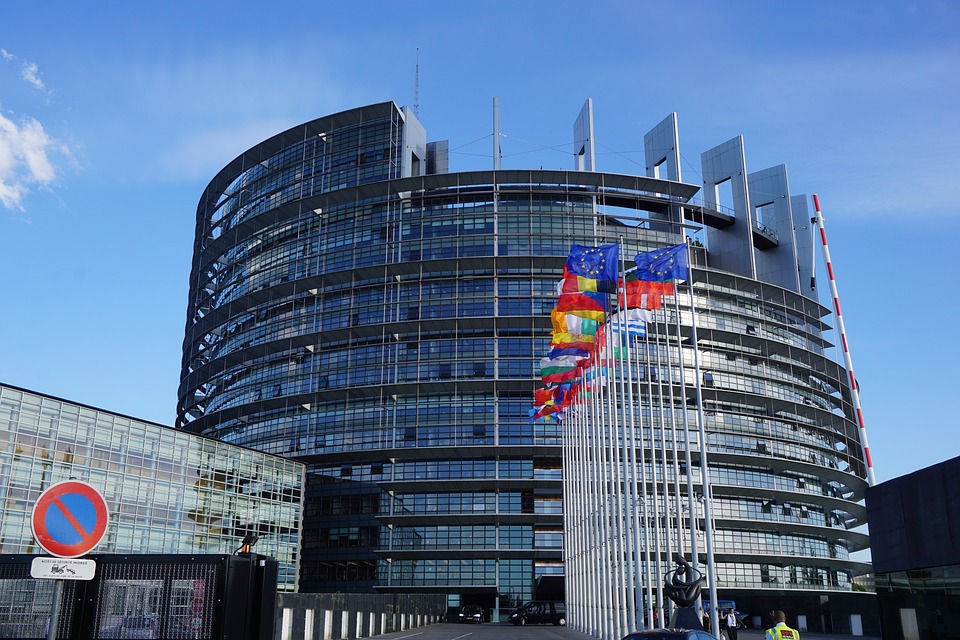Covid 19 is expected to result in the worst economic recession since the European Union began. Capital Markets Union (CMU), begun in wake of the last economic crisis, could help to significantly counter some of the worst long term effects of this recession. But harmonizing the capital markets of 27 separate member states, is no simple task. The loss of London’s more developed markets, post-Brexit doesn’t help. A recent report from high-level working group led by Thomas Wieser at the request of the European Commission has been well-received by experts. But the American Austrian economist warns of watering down by the EU Council and the Parliament. .
Capital markets provide deep pools of liquidity that act as a spare tyre for the economy in times of crisis. They also help nurture innovation and economic growth by facilitating optimal distribution of savings to investment-hungry businesses. The world’s first stock market developed in Amsterdam. But today, Europe is highly dependent on bank lending, which is almost twice as high as in the US and amplified the scale of the 2008 crisis. This is partly because European capital markets are underdeveloped compared to the US. What this means in real terms is that European SMEs receive five times less funding from capital markets compared to their US counterparts It also means that innovation and growth of small to medium size enterprises in Europe are stifled.
The advantages of Capital Markets Union are many.
In Europe, there are dozens of small, relatively undeveloped capital markets. It is difficult, for example, for a young tech entrepreneur in Slovenia to find financing at home. Yet there may well be investors in the Netherlands or France who would be eager to risk some of their spare cash in his start up. Although riskier, such investment options provide better returns than simply leaving your money in the bank, particularly when interest rates are low. They also provide investors, large and small, with a wider range of investment options, for example small green start-ups. Portfolios can thus be diversified, lowering risk levels.
Although some progress on Capital Markets Union has been made in the last 5 years, Wieser agrees that Europe still has 27 capital markets rather than just one. With Brexit, the more liquid capital markets of London can no longer be used as a hub around which to work. However, it also means that the field is now open for what Wieser terms a more ‘polycentric’ financial landscape. The former Eurogroup Working Group President predicts that if all of their 17 clusters of suggestions were implemented, Europe would see ‘a significant increase in capital market supply and demand’ within 5 years. European citizens wouldn’t be confined to the small national markets but would have a wide range of options spanning the Union. This in turn, would stimulate additional demand as will the recent move toward mutualized debt post-corona.
What are the major obstacles to Capital Markets Union?
These fall into three major categories – technical, of which there are many requirements, cultural and political. The first forms the central focus of the high-level group’s report although many of the technical adjustments needed will require political input. Wieser highlights the need for improvements in national solvency laws, including the process of refunding withholding taxes. He also highlighted the need to improve access to information on both listed and unlisted companies. This would also help reduce listing costs for SMEs, currently very high in Europe.
There is also the issue of regulation. Some countries have weak audit quality, overly complex procedures and unduly high tax rates. Both Wieser and member of the Board of Appeal of the European Supervisory Authorities, Professor Niamh Moloney, agree that smart supervision at both national and pan-European level is crucial. A balance between adherence to the law and nimble, flexible supervision is key. As is the need to ensure the independence and increased authority of the European Securities Market Authority (ESMA). At present, ‘the governance of ESMA is not conducive to hard-nosed European supervision’ states Wieser, citing a lack of independence and supervisory powers.
Europe must aim for ‘new digital age Capital Market’ – Thomas Wieser.
Bringing about convergence of national legislation is no easy task. Apart from the obvious political obstacles, there is the problem of varying levels of implementation. A single European law can result in several different versions in practice at Member State level. Wieser explains that, for this reason, a move away from directives to regulation, which are more binding, would be beneficial. Although the latter run the risk of becoming more politicized.
This is where digitization can play a useful role. Thomas Wieser proposes the creation of ‘a new digital age capital market’. ‘If we do it all together, we can make Europe the leading jurisdiction for all of these future initiatives’, he emphasises. Digitization can significantly help reduce the cost of information sharing and streamline many of the technical procedures that are vital to the smooth running of efficient capital markets.
Europeans need to be less risk averse and invest in capital markets rather than leaving it in the bank.
Equally important are the political and cultural aspects of this initiative. Thomas Wieser points out that in order for Capital Markets in the EU to grow, the public has to become more interested in investment. At present, most Europeans opt for the safer bank deposit option or low risk funds recommended by investment advisors. A culture that is more open to risk taking needs to be nurtured. At the same time, a wider range of cross-border financial products need to be monitored for quality and the public educated as to their risks.
Back in Brussels, Wieser is hopeful that the Commission will be supportive of his recommendations. But he is less optimistic about the Council and the EU Parliament. Drawing on 25 years of EU working experience, the economist sagely describes the progress of many such reports. They move from the Council, where ideas are often ‘sliced away like pieces of salami’ across the road to the Parliament where ‘it might finish looking like a great cheese!’ He laughs, but it is a working reality. Finding consensus among 27 Member Sates is never easy but when time is of the essence, it becomes imperative.


